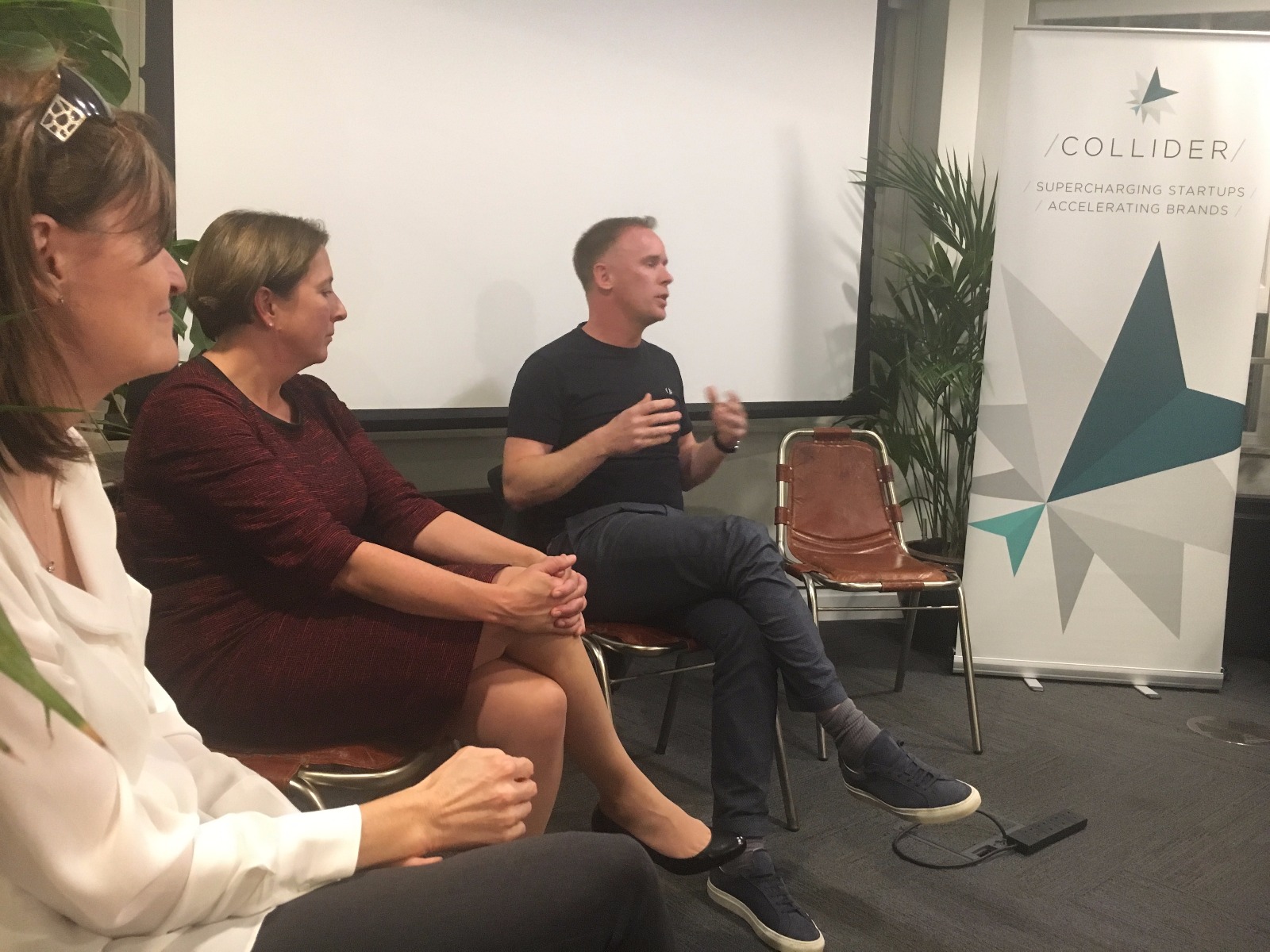Collider exists to drive the future of marketing and sales technology for startups, corporates and investors.
This will not change: we’ll continue to find the very best startups to invest in and scale, bring the right startup solutions at the right time to corporates, and ultimately deliver investor returns.
We’re still about winning customers, it’ll always be about building revenue, and it’ll never be about just finding the next round of funding, which explains why we’re working with more corporates now than ever before (and in Amsterdam too!)
We’re also still focused: focused on marketing and sales tech, and focused on scaling, and the impact of that is phenomenal. We’ve invested in over 40 startups now, which means we’ve built the expertise to make even better investment decisions and add incredible value to our portfolio.
So with over five years of in depth, first-hand experience, one exit and over £13m going into the next generation of marketing and sales startups, we’ve seen a lot.
That’s why now is the perfect time to change and invest more.
https://vimeo.com/232318078
1. Keep the applications rolling
You’ll now be able to apply to Collider UK ANY time of year.
One cohort a year was proving nowhere near enough, especially given the incredible startups we kept having to turn down.
We then dabbled with the classic accelerator model of two a year, but even that didn’t cut it, particularly when taking into consideration the needs of our corporate partners – the key way we give meaning to our accelerator name.
So we settled on four cohorts a year – a minimum of three investments per cohort and a maximum of six. That’s more application opportunities, more cohorts and most importantly, more startups as part of the Collider family, shaping the future of marketing and sales tech.
2. Put meaning back into ‘early stage’
You can now apply even if you’ve raised cash before.
We’ve always been clear on our entry requirements – you must have built an MVP, have a team, be focused in B2B marketing and/or sales tech and have your full SEIS available. But now, could you just rub out point four? That’s Collider Take Two.
Once again, we kept noticing just how many startups would come to us, perfect in every way, other than just how early stage they were – and that in itself is one big, fat contradiction.
So rather than missing opportunities time and time again, we’ll be investing in startups with both SEIS and EIS available. That’s early stage, and early stage. Or in other words, startups with proof of value.
3. Flex the investment model
There’s now options, not just one offer.
If we’re going to recruit startups at different stages, we needed to shake up our investment model too.
Each startup will now have two possible investment options: £50,000 of investment (£15,000 as programme fees) or £100,000 of investment (£30,000 programme fees), rather than one standard offer.
That’ll give us a wider range of companies and different stages in their journey, which is absolutely perfect for our community – the community of potential customers.
Remember – Collider exists to shape the future of marketing and sales technology for startups, corporates and investors. If that’s you, we will officially launch on the 4th September, and we want to hear from you.
Are you a startup?
We’re looking for ground breaking, world changing, mind blowing B2B marketing and advertising technology startups. If you want to supercharge your growth and collide with the most incredible corporate innovators, apply here.
Are you an investor?
Our investor community is a little bit different, but no one wants the same old, do they? Made up of marketing and advertising experts, our angels also hold superpowers in finance, fundraising and tech – all an incredible benefit to our startups. If you want to help accelerate our startups alongside our other investors, get in touch.






